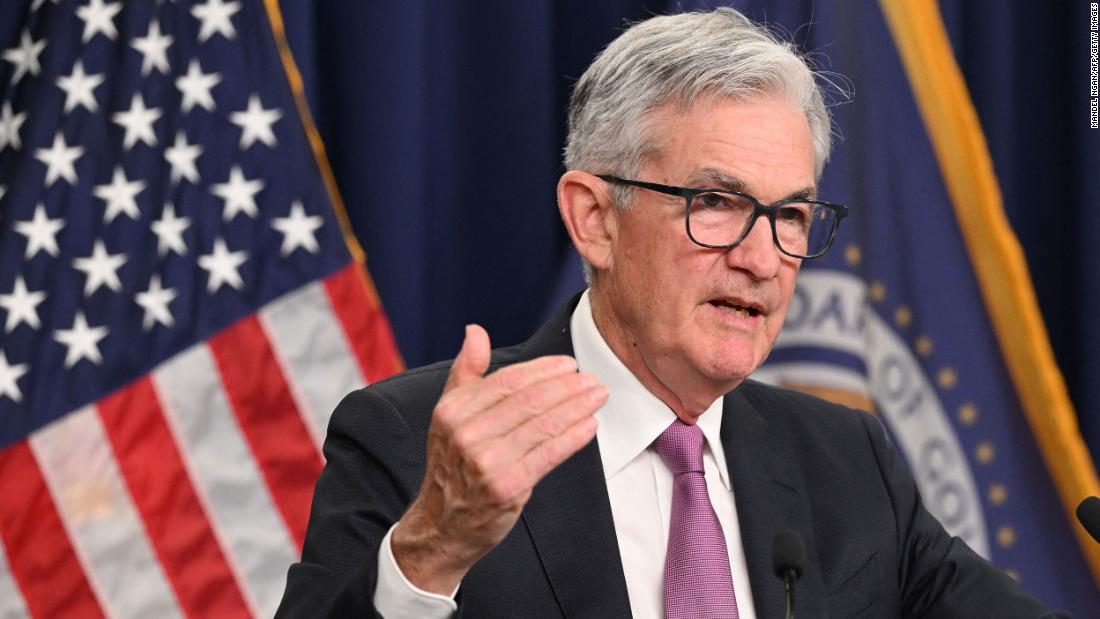
After Condreva requested Hunley to open the door, Hunley told him that she was dialing 911 and calling the “real police.” Condreva encouraged Hunley to call the police.
JEROME FOSKY ARREST TRIAL
Condreva admitted at trial that his testimony at the motion hearing that he did not tell Hunley he was from DCFS was inaccurate. Condreva told Hunley that he was from the Department of Children and Family Services (DCFS) and was checking on Hunley's children because he had a complaint about child abuse. Hunley told him that she did not believe him, and Condreva showed Hunley his badge. Condreva saw Hunley look out a second-floor window and ask “ho's there” Condreva responded “t's the police” and asked her to open the door. Officer Condreva testified that, after monitoring a radio transmission from Officer Hasenfang, Condreva knocked on the front door of the two-flat apartment building. Hasenfang, with other officers, entered Hunley's apartment and from the kitchen area recovered cannabis, nine boxes of baggies, four boxes of baking soda, a coffee grinder, and a digital gram scale. Officer O'Donnell was in the gangway, observed a person dropping an object out the window and recovered the object, a child's book bag containing a large quantity of cocaine and clear plastic bags. Hasenfang saw Townsend lean out the window and try to throw the book bag onto the roof of the building next door. Hasenfang acknowledged at trial that his police report only indicated that Townsend filled up the book bag.

Hunley returned and told Townsend, “Shit, it's the police.” Townsend and Hunley filled a child's school bag with drugs. Hasenfang testified that he heard some pounding coming from the front of the house and saw Hunley leave the kitchen. Hasenfang radioed this information to his fellow officers. Hasenfang looked through the window and saw defendants packaging narcotics. On October 2, 1996, at approximately 10:30 p.m., Officer Hasenfang, after receiving information from a person on the street, proceeded to the apartment building at 7315 South Peoria. Townsend only challenges the police testimony regarding fingerprints. Hunley argues: (1) the State failed to prove her guilty beyond a reasonable doubt (2) the trial court erred in denying her motion to suppress evidence (3) the trial court improperly admitted opinion testimony regarding obtaining fingerprints off plastic (4) the trial court erred in permitting a police officer to testify about conversations with a citizen and (5) the trial court erred in not admitting the transcript of a 911 audiotape into evidence and not giving the jury the 911 audiotape and transcript during their deliberations. Each defendant was sentenced to a 15-year prison term. Boland, of counsel), for Appellee.ĭemetrice Hunley and Richard Townsend following a simultaneous jury trial were found guilty of possession of cannabis and cocaine with intent to deliver.

Devine, Cook County State's Attorney, Chicago (Renee Goldfarb, Janet Powers Doyle and Mary L. Pelletier of the Office of the State Appellate Defender, Chicago (Frank W. Demetrice HUNLEY and Richard Townsend, Defendants-Appellants. The PEOPLE of the State of Illinois, Plaintiff-Appellee, v. Appellate Court of Illinois,First District, First Division.


 0 kommentar(er)
0 kommentar(er)
